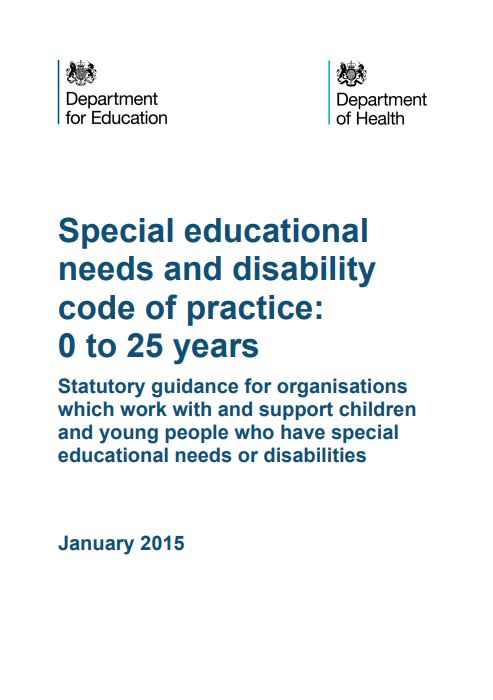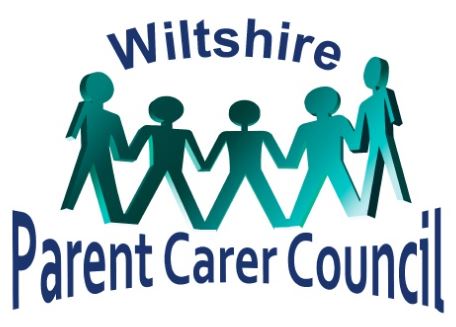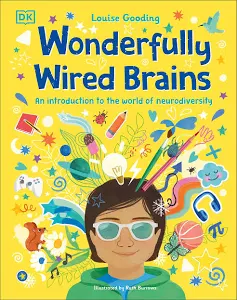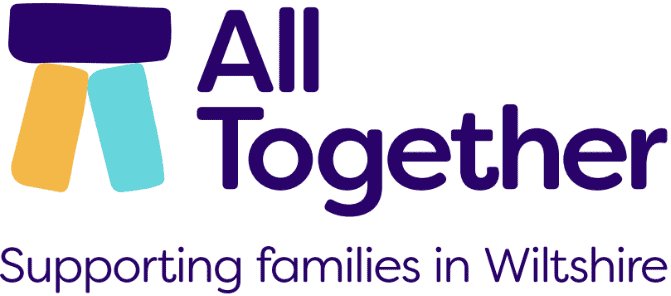Special Educational Needs and Disabilities
Special Educational Needs and Disabilities (SEND) at Corsham Primary School
What are Special Educational Needs and Disabilities?
Under the SEND Code of Practice (DfE, 2014), a child is deemed to have Special Educational Needs or Disabilities, or SEND, if he or she has ‘significantly greater difficulty in learning than the majority of others of the same age’, or their disability ‘prevents or hinders them from making use of facilities of a kind generally provided for others of the same age in a mainstream school’. Special educational provision is needed for them, over and above that which can be met through high-quality classroom teaching and differentiation.
Broad areas of need are identified as:
-
Communication and interaction
-
Cognition and learning
-
Social, emotional and mental health difficulties
-
Sensory and/or physical needs
They may be for a short period or throughout a child’s educational life. They may be identified before a child has even entered school, or they may come to be recognised at a specific point in their education.
What is the SEND Code of Practice?

The revised SEND Code of Practice can be downloaded here:
Who might be involved in supporting my child with SEND at Corsham Primary School?
At Corsham Primary School, we have a large team of dedicated and experienced staff who support children with Special Educational Needs. This includes:
- Inclusion Managers (SENCOs)
- Family Support Officer / Family Support Assistant
- Members of the Senior Leadership team
- Class Teachers
- Teaching Assistants
- Lunchtime Playworkers
Our staff, across the school, have a wealth of experience and work collaboratively to support the needs of children with Special Educational Needs.
We recognise that quality first teaching is of paramount importance to ensuring the best possible outcomes for pupils with SEND. We also have a range of specific interventions designed to meet the differing needs of pupils. Pupil progress is tracked and evaluated regularly as part of an ‘assess, plan, do review’ cycle.
At Corsham Primary School, we recognise that children’s needs are most effectively met by working in collaboration with parents to secure the best outcomes for their child. This takes many forms. For example, individual review meetings, My Support Plan meetings, multi-agency meetings, parent support from our Family Support Officer, home-school liaison books or simply a quick telephone call or email.
If you have any questions, the first person to contact would be your child's class teacher. You are also very welcome to contact our Inclusion Managers; Jo Smalley at Pound Pill (01249 712387) or Jenny Metcalfe at Broadwood (01225 811997) or via email admin@corsham-pri.wilts.sch.uk
We are also fortunate to have excellent relationships with the local authority SEN Specialist Service (SENSS), the Educational Psychologist, Speech and Language Therapists (SALTS), Occupational Therapists (OT) and the Sensory Impairment Service, who work in partnership with us to support our pupils with SEND. We also collaborate closely with the SEND Lead Workers at the Local Authority.
Where can I find support as a parent of a child with SEND?
All Together Wiltshire
This is the new one-stop shop website from Wiltshire Council with signposting for all family/child support services.
Wiltshire Council
Wiltshire Council’s Local Offer - An overview of the range of provision for children with SEND in the local area.
NHS
Where to get autism support
Friends and family
Telling people close to you about your or your child's autism diagnosis can help them understand how to support you.
They may be able to help with:
- Everyday things, so you have more time to focus on yourself or your child.
- Emotional support.
Wiltshire Parent Carer Council

I Can
The children’s communication charity website.
Afasic
Support for parents/carers of children and young people with speech, language and communication needs.
Wiltshire SENDIASS
Wiltshire SEND Information and Advice and Support Service.
IPSEA
Independent Provider of Special Education Advice.
HCRG- Wiltshire Children’s Services
The new Single Point of Access (also known as SPA) – a single website, telephone number, email and postal address for all referrals and questions about the services HCRG runs on behalf of the local authority and the NHS. The SPA will be the first point of contact for children, young people, families, GPs and health and social care professionals to reach and access child health guidance and support from Wiltshire Children’s Community Services.
Listening Books
Audiobook charity for KS2.
Useful documents for SEND
Click on the links below to view the Corsham Primary School SEN information Report (an overview of what we offer for children with SEND at Corsham Primary School) and Corsham Primary School SEN Policy as well as other useful documents which may be of interest.
https://www.nhs.uk/conditions/autism/support/
https://www.ambitiousaboutautism.org.uk/information-about-autism/early-years/parent-toolkit
Wonderfully Wired Brains: An Introduction to the World of Neurodiversity by Louise Gooding (Author), Ruth Burrows (Illustrator).
Dr Kate Turner, schools' Educational and Child Psychologist, has recommended this wonderful book introducing neuro-divergence in general and then focusing on specific areas. It is aimed at 7-9 year olds, but may be useful for other ages too and is positive, up-to-date and balanced with the language that is used.

Here is a list and link of all free and recorded workshops provided last academic year by Dr Kate Turner Educational and Child Psychologist:
Parent/Carer workshop 1: Anxiety and Worry - https://youtu.be/gBGcWFoS9GE
Does your child feel worried about things? Or perhaps they are reluctant to do things because they are nervous? This online workshop will help you understand more about anxiety and worry: why we have it and what happens when we experience it, and ways that you can help your child.
- Feedback form: https://forms.gle/QSSShTw1atLkd7bJ8
Parent/Carer workshop 2: Connecting with your child - https://youtu.be/LkWAzmvX4xs
Have you ever wondered why your child is so keen for your attention? Or perhaps you would like your child to listen to you more? Or maybe you would just like some ideas about how to ‘be’ with your child? This online workshop will help you to understand why connection with us is so important to children, ways that we can create quality connections and how this can help make day-to-day life with your child easier.
- Feedback form: https://forms.gle/r6sDm4RYUnq5NoTd6
Parent/Carer workshop 3: Managing behaviour - https://youtu.be/GJA0yyf8Wm0
Do you ever feel like you’ve run out of ideas about your child’s behaviour? That the behaviour chart only works for a short time? Or perhaps you just don’t understand why your child just won’t put their shoes on!? This online workshop will help you to understand why children do what they do and will give you some different ways to respond to their behaviour.
- Feedback form: https://forms.gle/2VcTLy5yVcuQ8bgZ8
Parent workshop 4: Routines for Children: How do they help and how we make them - https://youtu.be/4GkGcdx4lsQ
This workshop will provide an overview of why routines are helpful for children based on some ideas from psychology. It will also consider how we can set them up, with a close look at the bedtime routine.
- Feedback form: https://forms.gle/2bhRVEEW42wyrjYS8
Parent workshop 5: Managing separations when your child feels worried about school - https://youtu.be/RXfQUn9zyG4
This workshop will help you think about how to support your child when they find it hard to separate from you to go into school. We will think about how we can prepare our children for going into school and helpful ways to respond to them ‘in the moment’ when they are feeling worried.
- Feedback form: https://forms.gle/JprbC5jMgsu44o7E7
Parent workshop 6: How our ‘way of being’ impacts our children – https://www.youtube.com/watch?v=hbUhBbTbS44
We all know that, as parents/carers, we have a crucial role in our children’s lives and development. This workshop helps us to reflect on ourselves and how our ‘way of being’ impacts on our children, thinking about the importance of self-care and how our own thoughts and emotions influence our actions and our children.
- Feedback form: https://forms.gle/AmTXL78qXSHxRfmm6


